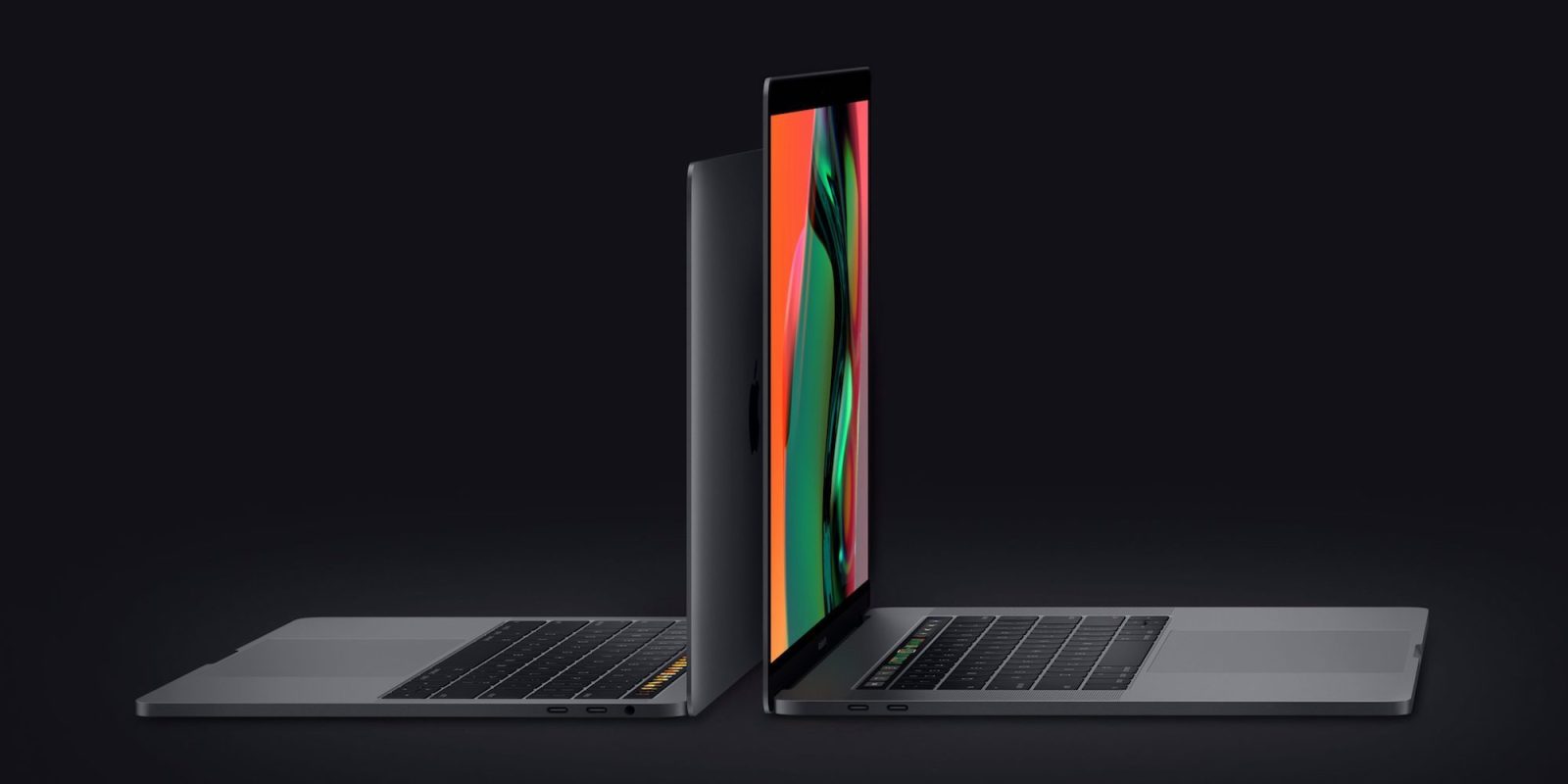
Apple transitioned the Mac lineup to Apple Silicon starting in 2020, and they completed the transition in 2023. Since the transition started, Apple quickly started dropping support for Intel Macs on newer versions of macOS. That raises the question: how much longer will Intel Macs receive software support?
Current Sequoia support
Apple delivers around 5 years of software updates for most of their devices, so that gives us a good idea of how much longer Intel Macs will be around. With Apple’s latest release, macOS Sequoia, there’s only a few Intel based machines remaining:
- 2018 Mac mini
- 2019-20 iMac models
- 2017 iMac Pro
- 2020 MacBook Air
- 2018-20 MacBook Pro models
- 2019 Mac Pro
Nearly all of the remaining Intel machines were released right before the transition to Apple Silicon, or very close to it. The MacBook Pro line has received the most generous support so far, with 2018 models still supported.
Although, that’s likely because the 2018, 2019, and base model 2020 MacBook Pros all share the same (or very similar) versions of the same 8th generation ultra low power Intel Core i5 and i7 chipsets. The higher end 2020 13″ MacBook Pro did take a step up to 10th generation Intel chips, however.
One interesting anomaly to this is the iMac Pro, which Apple unveiled at WWDC17 and released in December of that year. It’s definitely well past the typical 5-6 years of software support, but Apple seemingly wants to cater to the pro customers that might be using that computer still.
What’s next?
In all likelihood, the version of macOS released in 2025 – macOS 16 – will probably still support one final wave of Intel Macs, bringing them all to have at least 5 years of software support.
If I were to guess, the list of existing Intel Macs we have right now is probably pretty similar to what they’ll support with macOS 16. They might drop a couple, like the 2019 iMac or 2018 Mac mini.
Then, I’d expect that macOS 17 in 2026 will probably be the first Apple Silicon exclusive version of macOS. That will mark 6 years since Apple began its transition and around 6 years since Apple released the last Intel Mac. It will also be over 3 years since Apple sold the last Intel Mac.
Wrap up
Intel users should likely count their days, seeing as there’s probably around 2 years left to use your current machine with the latest macOS version. Of course, Apple will provide around 2 years of security patches after macOS feature updates are discontinued.
That being said, there’s a number of great deals out there for Apple Silicon Macs, including the M2 MacBook Air reaching an all time low of $699 at Amazon (with on page coupon.)
Follow Michael: X/Twitter, Threads, Instagram
FTC: We use income earning auto affiliate links. More.



![[CITYPNG.COM]White Google Play PlayStore Logo – 1500×1500](https://startupnews.fyi/wp-content/uploads/2025/08/CITYPNG.COMWhite-Google-Play-PlayStore-Logo-1500x1500-1-630x630.png)